Introduction: In this article – part of an ongoing “Introduction to Genealogy” series – Gena Philibert-Ortega discusses alternatives to death certificates in order to find information about your ancestor’s death. Gena is a genealogist and author of the book “From the Family Kitchen.”
You want to confirm your ancestor’s date of death – so the obvious answer would seem to be that you should order their death certificate. We discussed in the last article in this series (see: Genealogy 101: #5 Death Certificates) how to find a death certificate, but what if the state that your ancestor died in wasn’t yet issuing death certificates when your ancestor died? Now what?
It’s time to consider some death certificate alternatives.
Death Certificate Alternatives?
Alternatives to death certificates are numerous, depending on the time period and place you are researching. While a death certificate provides first-hand information on the death date, place, and cause of death, there are other resources that can also provide clues about death.
To start with, make sure to thoroughly search the FamilySearch catalog, your favorite genealogy websites such as GenealogyBank.com, and library catalogs for records that document your ancestor’s death. Documents that might provide detailed information on your ancestor’s death include cemetery and funeral home records, wills and probates, and pensions. Or they might hint at a death because the person no longer appears in a record that you would expect to see them in, like a census or tax record (something genealogists refer to as “negative evidence”).
Cemeteries and Funeral Homes
Death results in a lot of paperwork. There’s paperwork filled out at the hospital, funeral home, and cemetery. So, don’t end your search with just looking for a death certificate. Unfortunately, depending on the type of cemetery (for example, a small family cemetery versus a city cemetery), there may be little to no paperwork. But it’s worth learning more about the cemetery to make that determination.
Funeral homes have existed since about the time of the Civil War. While today many smaller family-owned funeral homes have been purchased by larger funeral homes, it’s worth it to inquire about older records. In some cases, they may be housed at the funeral home, been donated to an archive, filmed by FamilySearch, or destroyed.
Here’s an example of one type of document you want to search for: a burial permit.
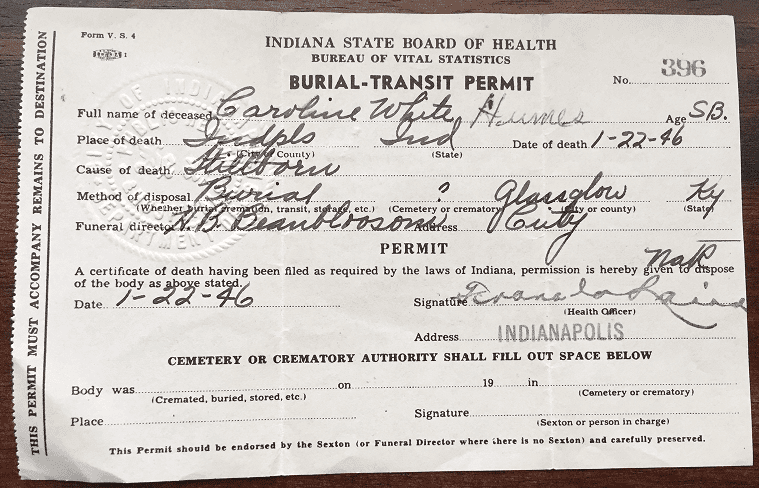
Also, don’t forget that families may have copies of this paperwork put away in a largely forgotten drawer or closet.
Home Sources
Home sources are defined simply as genealogically relevant materials you have in your home, or in the home of a relative. Clues to a death date or death information may come from materials kept by family members, such as funeral or memorial cards, newspaper clippings, pension paperwork, photos of the funeral, a post-mortem photo with information written on the back, or a family Bible entry. It’s always important to question family members about any information they may have tucked away in a forgotten box or file.
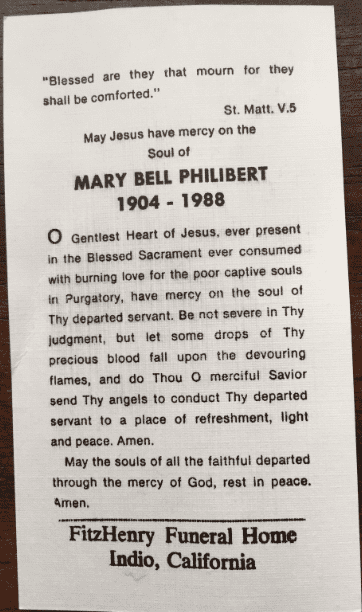
Wills/Probate
What other types of records report a death? Well, one record that is often overlooked is a probate or will. Most people think “my ancestor wasn’t rich so he/she didn’t have a will.” But wealth is not a good indicator for the presence or absence of a will or probate proceeding. Even those who died without a will, called intestate, may have had subsequent probate proceedings to distribute land and possessions, or to pay creditors.
An online collection of old newspapers, such as GenealogyBank’s Historical Newspaper Archives, can be helpful in finding these court actions. Legal notices, typically found in the back of the newspaper, report on pending probate hearings as a notification to potential creditors.
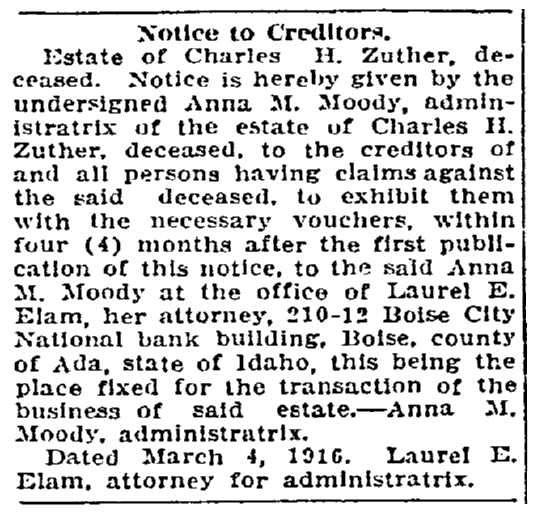
Other types of probate articles may also be found in the newspaper, like this 1914 Michigan list of probate actions including guardianship matters.
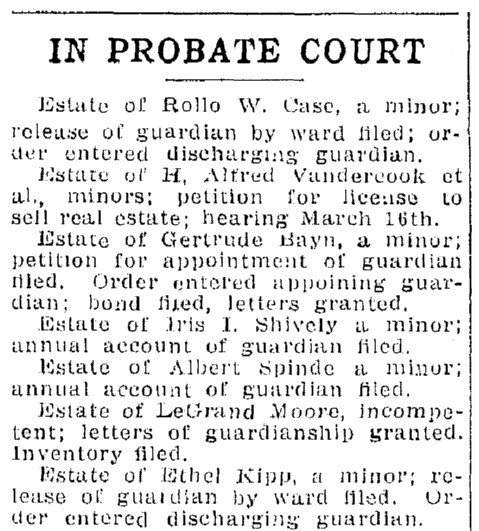
Keep Looking at the Newspaper
You already know that most (not all) deaths mean an accompanying obituary, right? Sure, but there are many other types of newspaper articles that document a death. Just a few to consider:
- Funeral notices
- Thank you messages
- Memorials
- Probate notices/legal notices
- Articles about a death that was caused by an accident or crime
- Coroner’s inquest articles
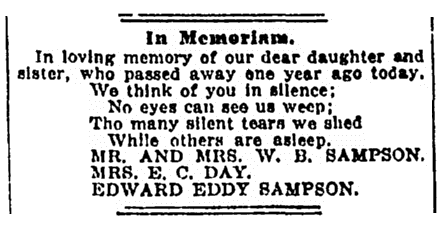
Remember to check the week prior to death for any mentions of an illness suffered by the deceased that was printed in a local newspaper column, and then continue your search for up to a month after the death date for other information – even longer if the death was due to a crime or there is a pending legal action.
Start Your Search
There’s no doubt that searching for an ancestor’s death information can be a challenge, depending on the time and place. What’s important is to consider your ancestor’s life, what documents exist for that time and place, and start researching and analyzing that information for clues to your ancestor’s death.
Related Articles:
